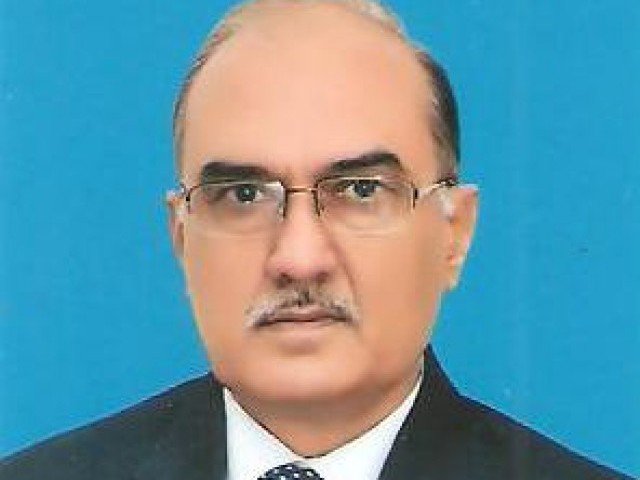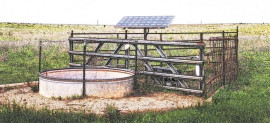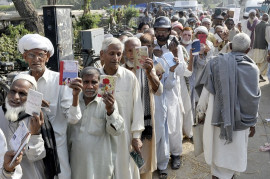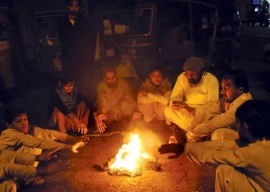
In dictionary hybrid warfare is a military strategy that employs political warfare and blends conventional warfare, irregular warfare and cyber warfare with other influencing methods, such as fake news, diplomacy and foreign electoral intervention.
Lt Gen Lodhi was speaking at a roundtable discussion to discuss and develop a cohesive strategy to combat the growing threats of hybrid warfare in Pakistan.
Regional security, defence cooperation discussed as Iranian military delegation visits Pakistan
The Centre for Global and Strategic Studies (CGSS) had organised the roundtable with representatives of ministries, military, think tanks, diplomats and the media.
Interim defence minister requested the participants to focus on two important elements while understanding hybrid warfare. “The first was to recognise where the ‘will’ of the enemy lays. And the second was to ‘know’ who to attack and who to defend in the unclear parameters of hybrid warfare,” he said.
Air Marshal (retd) Waseemuddin giving an extensive presentation on hybrid warfare in Pakistan explained the grey zone techniques being applied globally.
He then recognised the four domains to achieve the desired objectives as physical, information, cognitive and social, and then presented examples of each objective currently damaging the society of Pakistan from within.
He said the core objective of propagating a hybrid war in Pakistan was to isolate it internationally and break the national will of the Pakistani people.
Influencing public opinion
During the interactive session Ghulam Akbar talked about the media and its contributions to influencing the minds of the local populace in developing an anti-state sentiment.
Former federal information secretary Ashfaq Gondal moderated the session.
Akbar said the identity of people of Pakistan is under attack with two weapons, namely media and diplomacy. Ambassador Abdul Basit spoke about the long-existing confusions within Pakistan, for example the undecided ‘state’ system, the deteriorating civil-military relations, and Indo-Pak contradictions.
Ambassador Fauzia Sana claimed that Pakistan as a nation is in denial of its growing problems. The country needs to evaluate the sources of hybrid warfare and the objectives of this form of warfare. She also talked about the growing need of re-analysing and re-writing the syllabus of Pakistan’s educational systems, as it will be the key to rejuvenate nationalism among the youth.
IHC summons DG ISI, defence secretary in encroachment case
Ambassador Amjad Majid educated the participants on the Indian strategy based on Chanakya Acharia’s 2,300 year old principles. He also suggested that for Pakistan to recognise its adversaries in the grey-zone conflict, it is necessary for all institutions to analyse the ‘Arthashastra’ in making their counter-strategy for regional adversaries.
Dr Ashfaque Hasan Khan talked about the economic cooperation and sabotage as instruments of hybrid warfare.
He conclusively said: “Security is development, and without development there is no security.”
Lt Gen (retd) Lodhi said he will ensure the incorporation of strategies against hybrid warfare in the upcoming National Security Policy.
Moreover, he said CGSS is drafting proposals in its hybrid war policy paper which will be presented to the National Security Division in the days to come.
Published in The Express Tribune, July 17th, 2018.





1735819169-0/Express-Tribune---News-Desk-(1)1735819169-0-270x192.webp)

















COMMENTS
Comments are moderated and generally will be posted if they are on-topic and not abusive.
For more information, please see our Comments FAQ